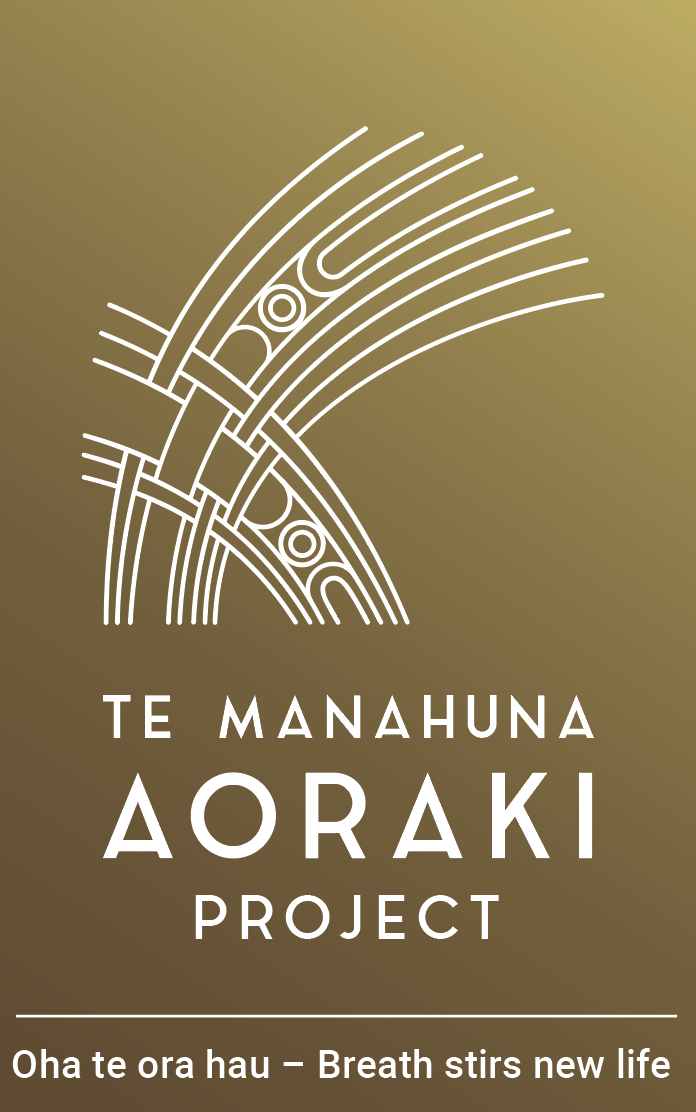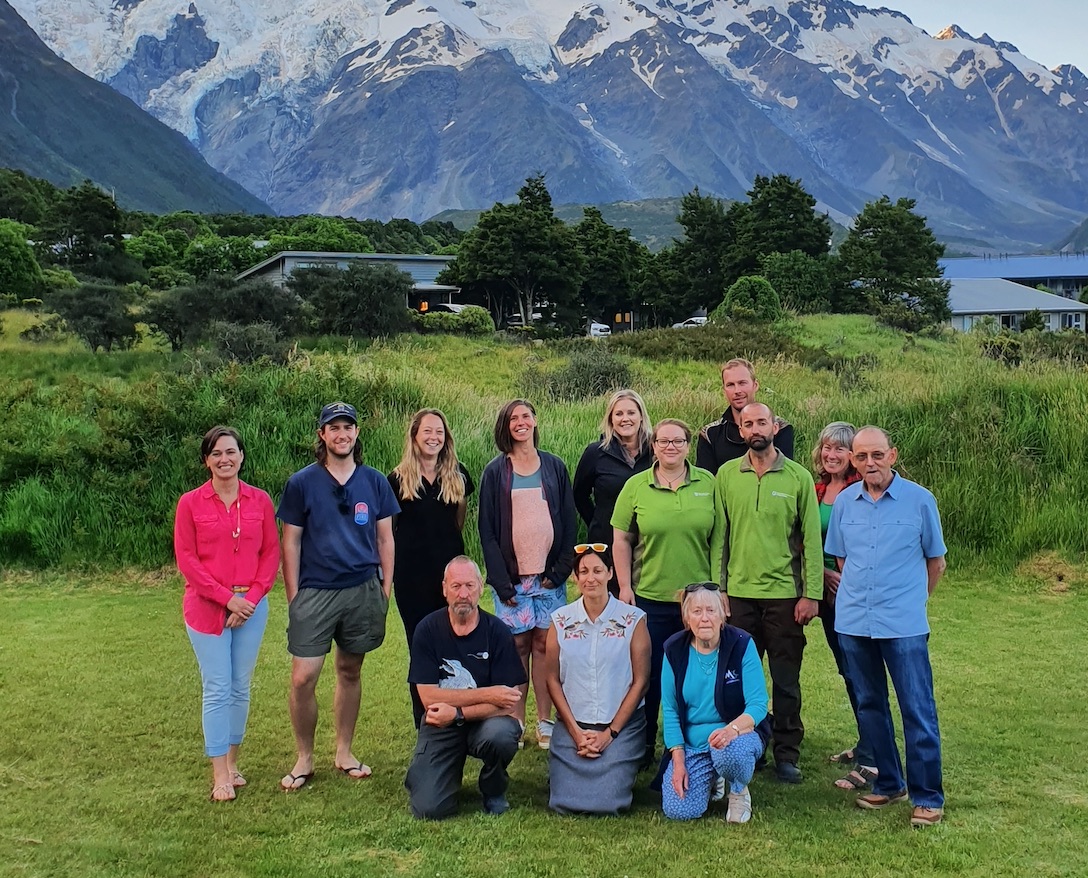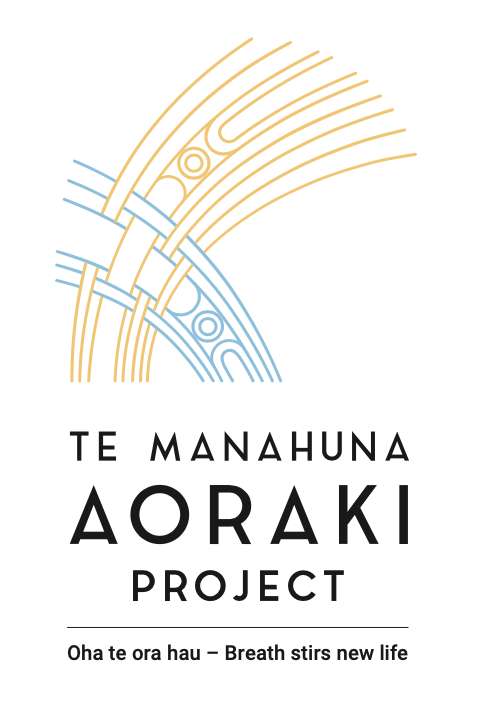Predator Free Aoraki, officially launched last week, aims to improve the habitat and population of the rock wren, the country’s only true alpine bird.
Co-ordinator Gin Barker said it was “pretty rare” to see rock wren in the alpine areas.
“I probably see them three or four times over summer,” Barker said.
“They’re a cool little bird, they’re so resilient and as many of our group spend a lot of time in the alpine areas, we have a bit of an affinity for them.”
The group plans to install about 300 traps over the next three weeks, targeting stoats and other pests which eat the rock wren’s eggs.
The predator control project follows a successful survey of the rock wren in Aoraki/Mt Cook, the Ben Ohau range, Beetham and Godley Valleys, and Whale Stream areas last year.
About 50 rock wren were discovered in those areas.
“We know that trapping helps produce positive results,” Barker said.
“In areas where there is no predator control, rock wren have a 13 per cent fledgling rate, and in areas where there is predator control, it’s closer to 56 per cent.”
The group, which has about 20 members, will work in conjunction with Te Manahuna Aoraki, a multi-agency project which has the ambition of turning the Mackenzie Basin into a predator-free zone.
Te Manahuna Aoraki Director Fiona McNab said it was fantastic to see locals getting involved in protecting alpine species like the rock wren.
“This is a great demonstration of how we can work with the community to protect the many rare species in the project area,” McNab said.
“Te Manahuna Aoraki is providing traps, and support, and Predator Free Aoraki is providing enthusiastic volunteers who will run the trapping network. Over time we would like to see more groups like Predator Free Aoraki be established and become involved in the project.”
Predator Free Aoraki also received $8800 from the Department of Conservation’s community fund, which will be spent on gear such as personal locator beacons, high-vis vests and GPS navigators.
“It’s been a long journey to even get to this point, and over time, we want to grow the group,” Barker said.


